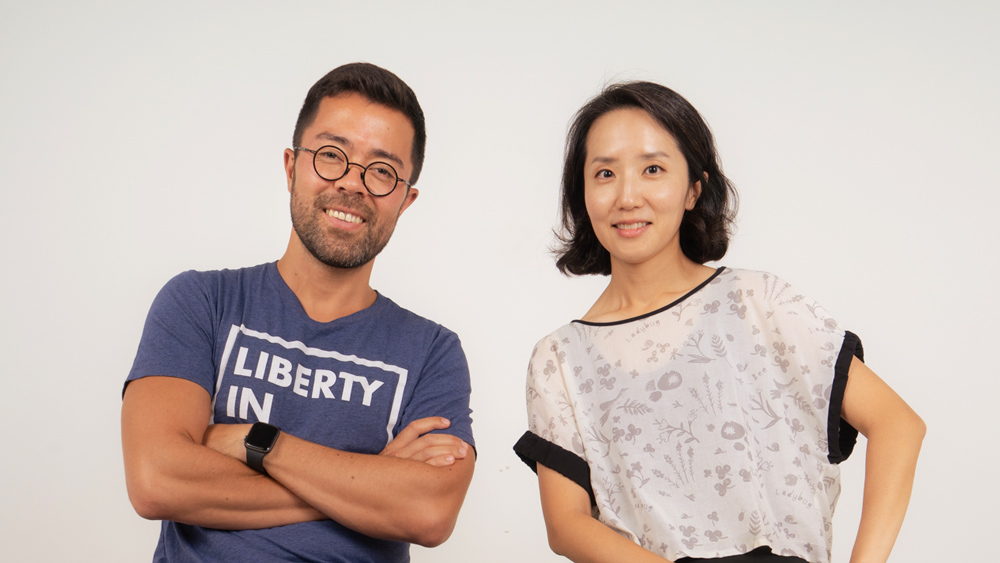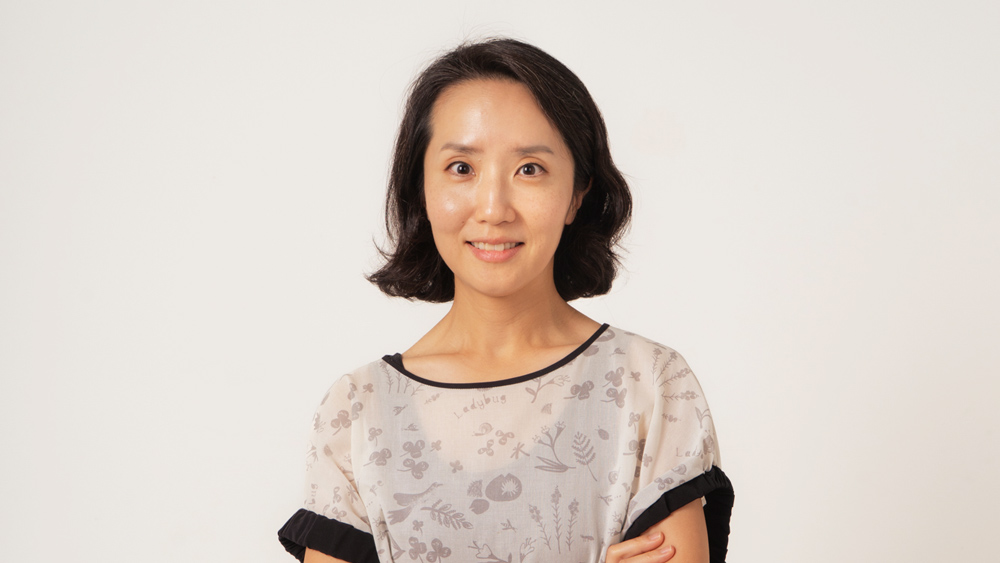LiNK’s Biggest Milestone Yet: 1,000 North Korean refugees rescued!
I am incredibly humbled, grateful, and excited to announce that TOGETHER we have rescued 1,000 North Korean refugees!
This is the most significant milestone we have accomplished as an organization. But 1,000 is not just a number to us. It is 1,000 individuals with their own stories: mothers, fathers, children, grandparents, and friends - who now live in freedom and finally have the opportunity to pursue their dreams.
It's amazing to think about how far we have come since that night back in 2009 at a bar in Seoul, South Korea. I was with our then VP and Director of Field Operations. We were channeling our anger and frustration at the stories we kept hearing over and over: North Korean refugees were fleeing into China but didn’t have the resources to make it to freedom; many were being arrested and forcibly sent back to unknown fates; North Korean women were being trafficked, sold as brides, and sometimes even exploited after they made it to Southeast Asia.
We had to do something.
So we set out to try something that we knew would be dangerous and audacious.

We put a call out during the 2009 holiday season and launched a campaign called The Hundred. The goal was to raise as much money as we could to help 100 North Korean refugees escape China as soon as possible. Through the unwavering tenacity, dedication, and optimism of LiNK’s early supporters, people around the world donated over $40,000 in less than two months.
A few months later, in the jungles of Southeast Asia, we completed our first rescue mission. We brought out a group of eight refugees, including four young women, a mother and her 7-year old son, and an elderly couple we lovingly nicknamed Grams and Gramps.

What started as one rescue mission grew. More people joined this movement: Rescue Teams popped-up on university campuses and in communities around the world raising funds to rescue refugees; LiNK Nomads drove across North America and hosted thousands of events to tell the stories of the North Korean people; and, most importantly, more North Korean refugees reached freedom.

I am in awe and beyond thankful for the unbelievable support of LiNK’s donors, fundraisers, and Rescue Teams around the world for believing in this work and funding the rescue of 1,000 lives - to our partners in China and our Field Team in Southeast Asia for risking their own safety to do this exhausting work tirelessly and anonymously - to our incredible staff who, have been through so many crazy ups and downs over the years, from unbelievable victories to agonizing heartaches.
But no matter what, I am so thankful that you have always believed in our mission and have never stopped believing in the North Korean people.

I am especially grateful to each North Korean refugee who trusted us with their lives and gave us the opportunity to become a part of their stories. I am filled with hope thinking about the day we will return to a free North Korea with all of our North Korean friends: to meet their families, visit their homes, and see them finally reunited with the ones they love -but, this time, in freedom.
Thank you for being a part of this movement. It is because of your support, encouragement, and hope that this work is possible.
In gratitude and in hope,

Hannah Song
CEO/President
At the Forefront of North Korean Human Rights Work | LiNK Organizational Update
Liberty in North Korea welcomes Sarah Yun as our new Chief Regional Officer (CRO), South Korea, as our previous South Korea Country Director, Sokeel Park, transitions into a new role as our Chief Strategy Officer (CSO). Sarah and Sokeel will collaboratively lead LiNK’s South Korea operations while growing LiNK’s impact through their respective areas of expertise.

Over a Decade of Dedication to Human Rights
Sarah Yun brings a wealth of experience and expertise from her work to advance human rights in North Korea and across Asia during the past 15 years. She most recently served as the Country Director of Korea and Cambodia at the National Democratic Institute (NDI), managing the Institute’s operations and programs in the two countries.
Previously, Sarah was a Senior Manager for Asia at the National Endowment for Democracy (NED), overseeing the Cambodia, Vietnam, North Korea, Thailand, and the Philippines programs and teams. Prior to her experience at the NED, she worked at the Center for International Private Enterprise where she managed the Cambodia and North Korea programs, in addition to the Papua New Guinea program and field office.
“I have had the opportunity to work on issues related to various countries in Asia at a variety of institutions throughout my career, but my greatest passion has always been to envision a North Korea where its people can choose their own future. I am deeply inspired by the stories and resilience of the North Korean people and am committed to supporting their leadership and efforts toward a better future.”
– Sarah Yun, LiNK CRO

Sarah holds a BA in Political Science and Business Institutions from Northwestern University and MA in International Relations and International Economics from Johns Hopkins University School of Advanced International Studies. Her journey with LiNK began in college, when she came across her campus LiNK Team.
“I first learned about LiNK during my college years, when chapters began to emerge across the United States. Since then, I have respected the organization’s mission and work. When I was given the opportunity to work at LiNK, I had great anticipation and excitement at the thought of joining and supporting North Koreans' journey toward a free and open future. Together with the LiNK team, I hope to contribute to amplifying the leadership and voices of young North Korean defectors in creative and impactful ways.”
– Sarah Yun, LiNK CRO
A Strategic Shift
As LiNK continues to expand and refocus our programs in response to the evolving needs of this issue, there was a timely opportunity to bring on Sarah and diversify the organization’s impact.
As CRO, Sarah Yun will lead LiNK’s South Korea team, oversee our Capacity Building Programs, and represent the organization in South Korea. Sokeel Park will jointly represent LiNK alongside Sarah and maintain key collaborative efforts with external stakeholders. As CSO, Sokeel’s scope will also encompass the development of the organization’s broader strategy and Information Access Programs (IAP). Moving forward, IAP is an area of work which we are expanding as a crucial way to support North Koreans driving change inside the country, and achieve our vision.
North Korean refugees consistently tell us that getting more outside information into North Korea is crucial for empowering North Koreans to change their country. The importance of this area of work has only increased in recent years, so it is vital that we are able to increase the resources and time we are investing into these strategies. I’m extremely grateful to our donors for joining with us and making this expansion and these initiatives possible.”
– Sokeel Park, LiNK CSO
This is a challenging time for North Korean people, refugees, and the issue. We are grateful to Sarah for bringing her experience and expertise to LiNK and everyone whose support sustains our organization and enables us to grow.
We look forward to increasing our impact with Sarah’s leadership and sharing updates about our progress with our supporters.




